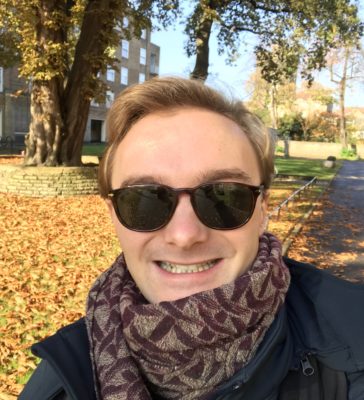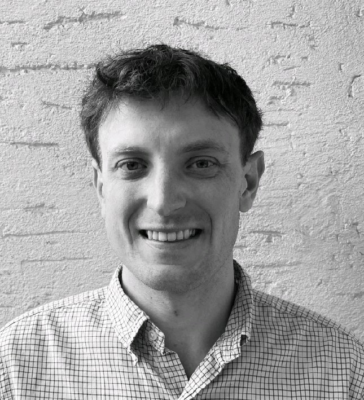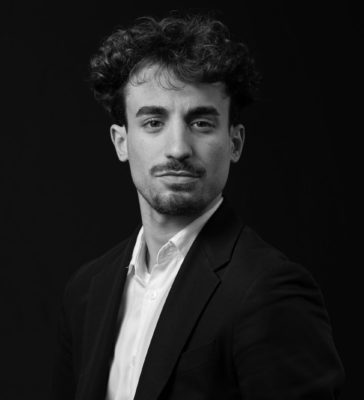
Theo French
Current Employer/Organisation Name
Europe Economics
What have you been doing since leaving Exeter, and what are you doing now?
Since leaving Exeter, I have read for a master’s degree in Development Economics and Policy Analysis, done some much-needed travelling (I missed the gap year) and moved to London to start my career. I currently work as an economist at a small economics consultancy. There, I apply principles of economic analysis to valuations of consumer harm and detriment, NHS prescribing practices and the regulation of natural monopoly sectors.
Why did you choose this career? And what do you enjoy most about your work?
At the early stage of my career I really value the ability to move between research areas to see what I enjoy the most (and least). A consultancy is perfect for this. My firm, in particular, offers this in droves, given its small size and lack of team silos. There is always an opportunity to stretch one’s understanding to a completely new research field. Moving between projects and being exposed to different sectors also opens opportunities to expand my network.
Please tell us if you were a member of any societies, groups or sports clubs?
Cycling Club, Friends of Palestine, Econ Soc.
What did you enjoy most about your programme and what was the biggest highlight?
The programme offered a great balance of theory and mathematical analysis and the projection of our understanding onto world events. The multiple elective courses on economic history and economic growth were especially important for providing a solid understanding of where economic thinking has come from and where it is headed. These courses are taught by a superb researcher, Prof Maloney. Further elective papers in nonorthodox economics (Marxist, Austrian etc) introduced us to concepts that did not appear to be taught at other business schools. There were also many opportunities to study the economics and politics of other parts of the world, such as South America and the Middle East.
What did you enjoy most about studying here?
Meeting people from across the world. Exeter is a great city and only a short bike ride away from some of the most stunning vistas in the country. I highly encourage others to take a bike and explore Devon. The summer schools/years abroad programmes are well worth exploring, with plenty of full scholarships available to study overseas.
Why did you choose to study at Exeter?
Firstly, the course; secondly, the sporting prowess. Being a member of a sports club offered me a level of training that hasn’t been matched since.
What skills and experiences have been most useful for your career?
Analysing problems in a group. Concise and precise writing. Being able to explain even basic economics principles to non-economists. Experiencing economics ‘applied’ – such as through an internship or conducting quantitative research – is invaluable for interviews in consulting and bridging the gap between textbooks and reality.
What advice would you give to a current student who wishes to pursue your career?
If you can, approach somebody who knows the sector (including lecturers, many of whom have worked at or with central banks, regulators, consultancies, government departments and banks). Make good relationships with tutors and lecturers – besides from being awesome folk they are the ones who can provide references. Revise the basic principles (and I mean the basic ones). Being able to explain why the demand curve slopes downwards at the drop of a hat will probably score more points than describing the relative merits of different techniques of dealing with errors in a regression.
What are your plans for the future?
I plan to continue to build my experience for a few years and then pursue further research at university.

